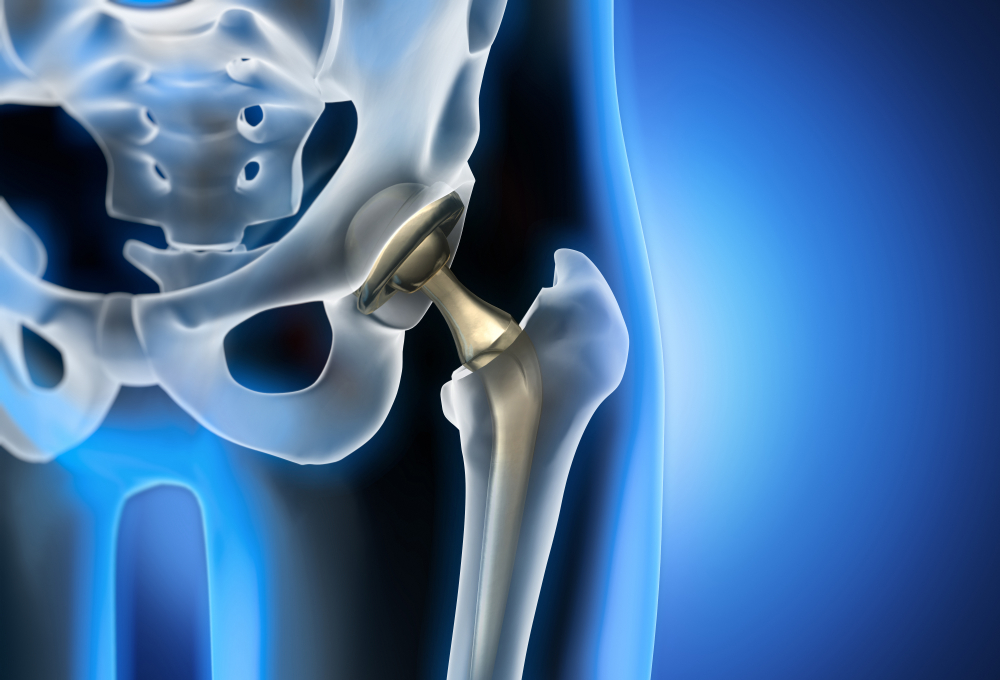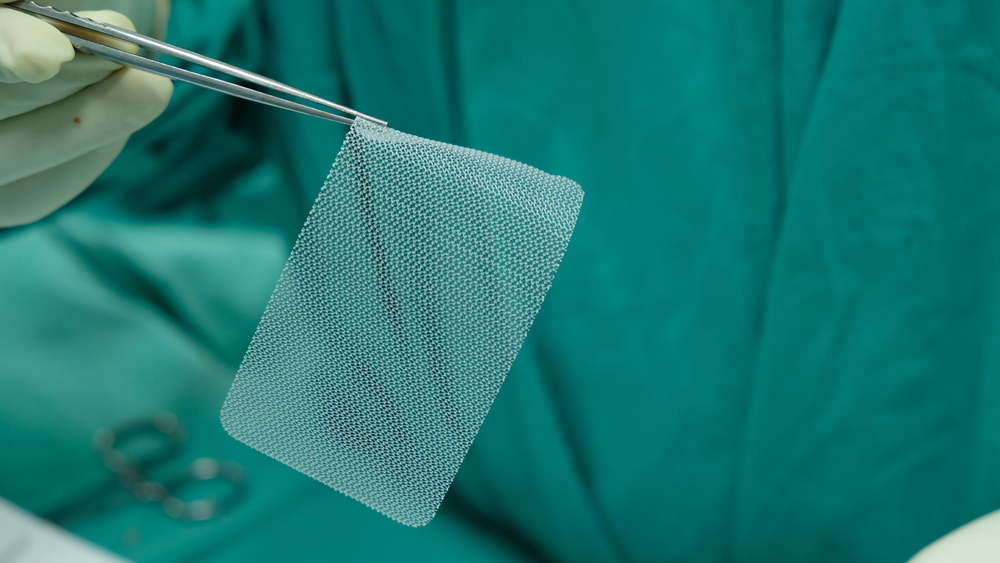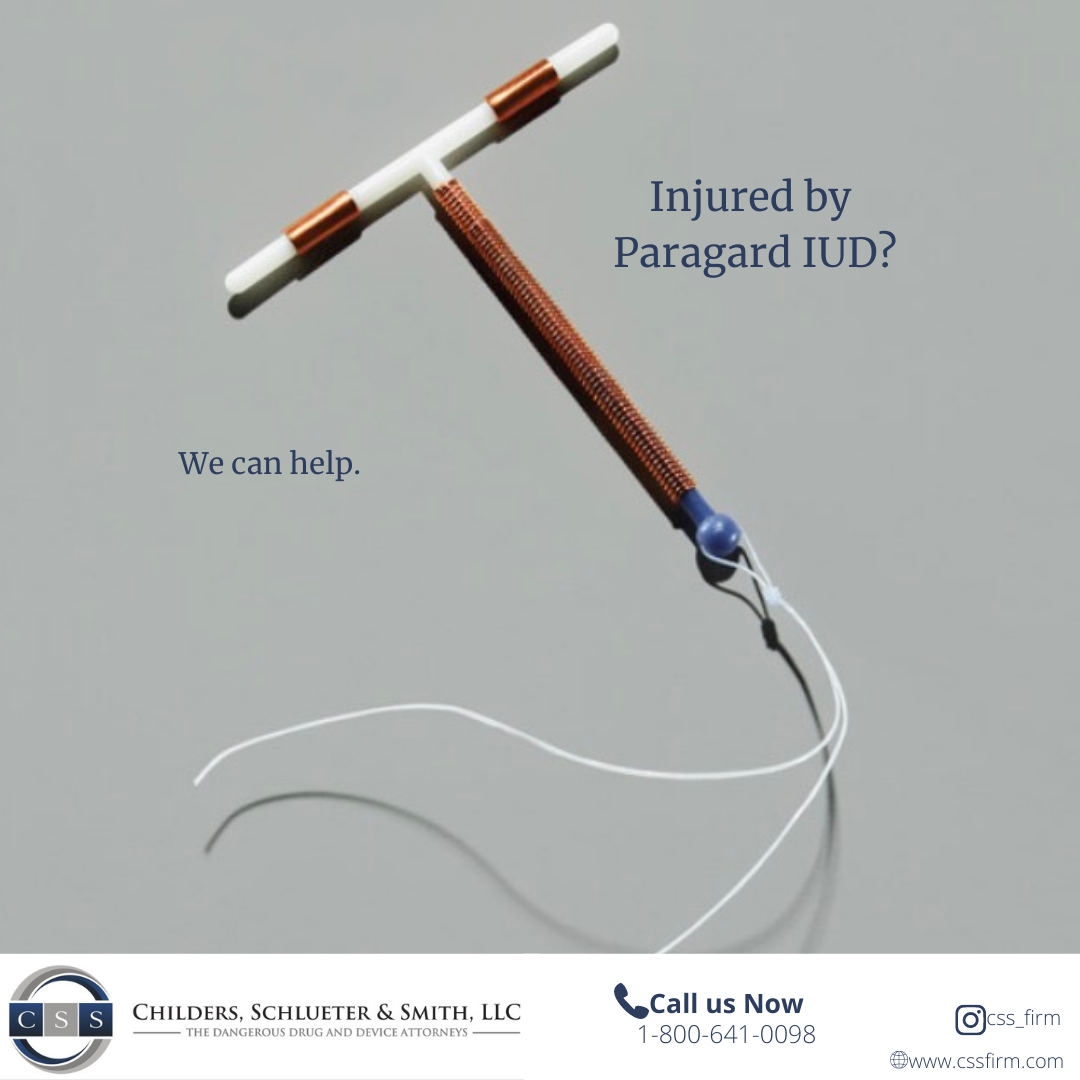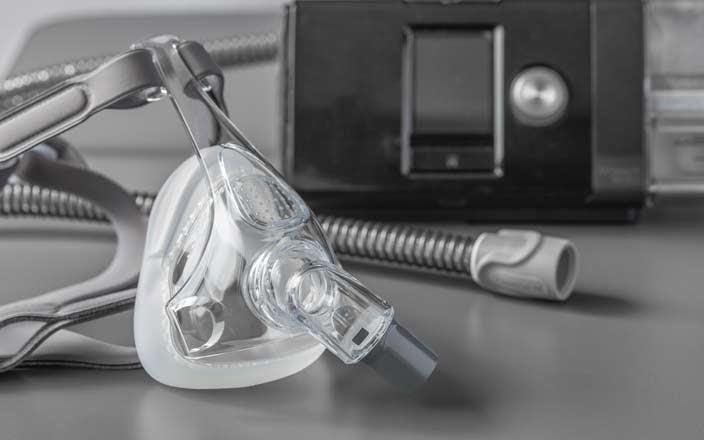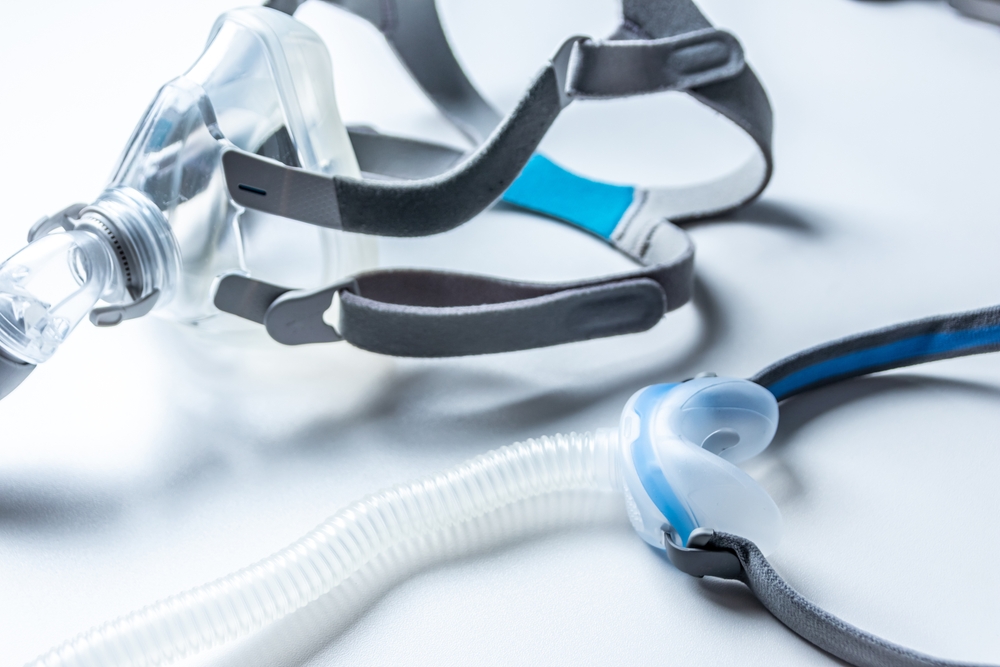 The U.S. Food and Drug Administration (FDA) has recommended a boxed warning for Bayer’s Essure, along with the inclusion of a patient checklist that highlights possible adverse events associated with the permanent contraception device.
The U.S. Food and Drug Administration (FDA) has recommended a boxed warning for Bayer’s Essure, along with the inclusion of a patient checklist that highlights possible adverse events associated with the permanent contraception device.
These additions to Essure labeling are intended to support patient counseling and understanding of the benefits and risks connected with Essure, and also provide patients information about what to expect during and after they receive the Essure implant.
The aim of the boxed warning is to clearly communicate the significant side effects and adverse outcomes that have been associated with Essure, and provide information about the potential need for removal of the device. The Patient Decision Checklist provides specific information about the Essure device, its use, and safety and effectiveness outcomes that should be discussed between a patient and her medical professional.
What is Essure?
The FDA approved Essure – permanent birth control without surgery – in 2002. The device consists of a delivery system and nickel-containing permanent implants. Two metal coils are inserted through the vagina, and implanted within each fallopian tube, where they stimulate the growth of scar tissue, resulting in a tubal occlusion and sterilization of the woman.
Adverse Events
Over the past several years, the FDA has been investigating a growing number of adverse events associated with Essure. This review led the FDA to convene a meeting of the Obstetrics and Gynecology Devices Panel of the Medical Devices Advisory Committee on September 24, 2015 to hear expert opinions as well as patient experiences related to the risks and benefits of Essure.
On the basis of this meeting and the comments received, the FDA concluded that some women are not receiving or comprehending information explaining the risks of benefits of permanent birth control implants like Essure, and as a result, issued the boxed warning and decision guide.
Other Medical Devices News
The FDA warns that Synovo Total Hip Systems, implanted after 2019, pose risks of failure and injury. Patients experiencing symptoms should consult our CSS lawyers to explore legal options for compensation.
Thousands of hernia mesh products have been recalled, but qualifying for a claim requires proof that a defective hernia mesh implant caused your injury.
Damages from a defective hernia mesh implant vary based on each person’s injuries and circumstances. An experienced dangerous medical device attorney can help identify all the losses you may be entitled to recover.
Women nationwide are filing lawsuits after suffering injuries from Paragard IUD breakage—alleging the manufacturer failed to warn of the device’s dangerous design defects.

